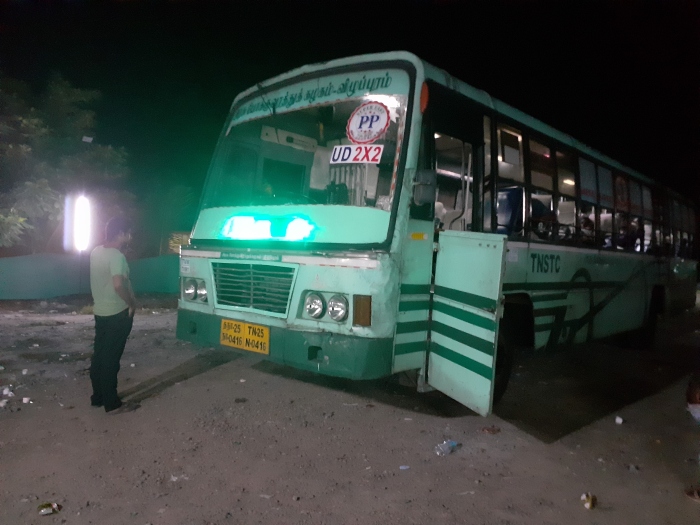In Munnar i had some extra time so, for a lark, visited The Tea Musem, which traces.the origin of the plantations in the Western Ghats from the time of the British to the present time. Today , according to their film, the Kenan Devan Hills Plantations Company is 82% privately owned by the plantation workers themselves, and run with a bottom up management “the first and largest participatory management company in India, with 12,500 employees as shareholders “(2005). They have started to change over some of their plantations to organic teas and are doing research on organic methods. Unfortunately their teas, under the Ripple brand name, are available only in Kerala, according to the sales woman.
The man who gives the talk at the museum is an inspiring example of a person given a comparatively simple role of museum guide, but using it to advance a personal agenda to change the world. He started by saying that our lives would be permanently changed by his talk. He then launched on a deep discussion of the health benefits of green tea as a universal panacea. But he didn’t resrict himself just to tea, but advocated a healthy lifestyle that included yoga, cleansing of the bowels, proper ways to evacuate these and more. Daringly , for a tea company p.r. person, he pointed out that most indians have no idea how to make tea and were actually poisoning themselves with the stuff. He advocated a special green tea making device which is available in the gift shop by the exit. I think his talk was effective – i saw people buying it.

